
Russia Takes 45 th Place in the New Global Innovation Index
On June 15, 2017, the tenth Global Innovation Index was presented at the UN headquarters in Geneva. It includes the key indicators of innovative activities in 127 countries. Russia took 45th place in the ranking. Switzerland is leading the ranking for the seventh year in a row.
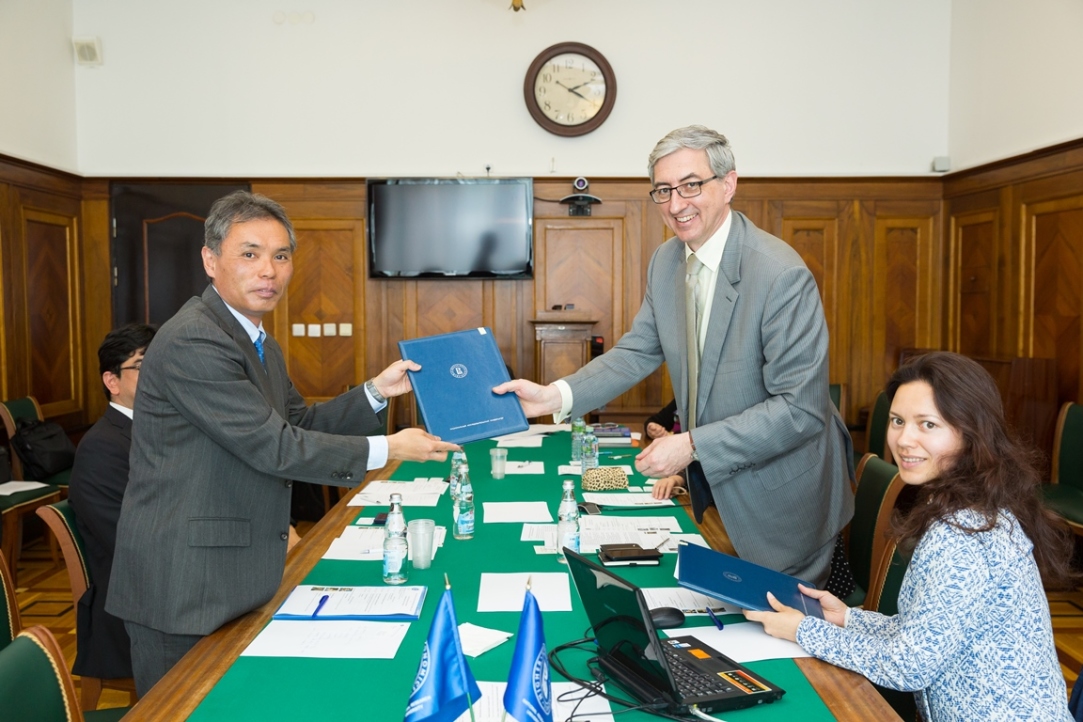
HSE Signs Cooperation Agreement with Hitotsubashi University
On June 19 the Higher School of Economics signed a cooperation agreement with Hitotsubashi University in Japan. The agreement covers mutual visits for lecturers and researchers, student exchange programmes, as well as joint research projects, academic events, and publications.
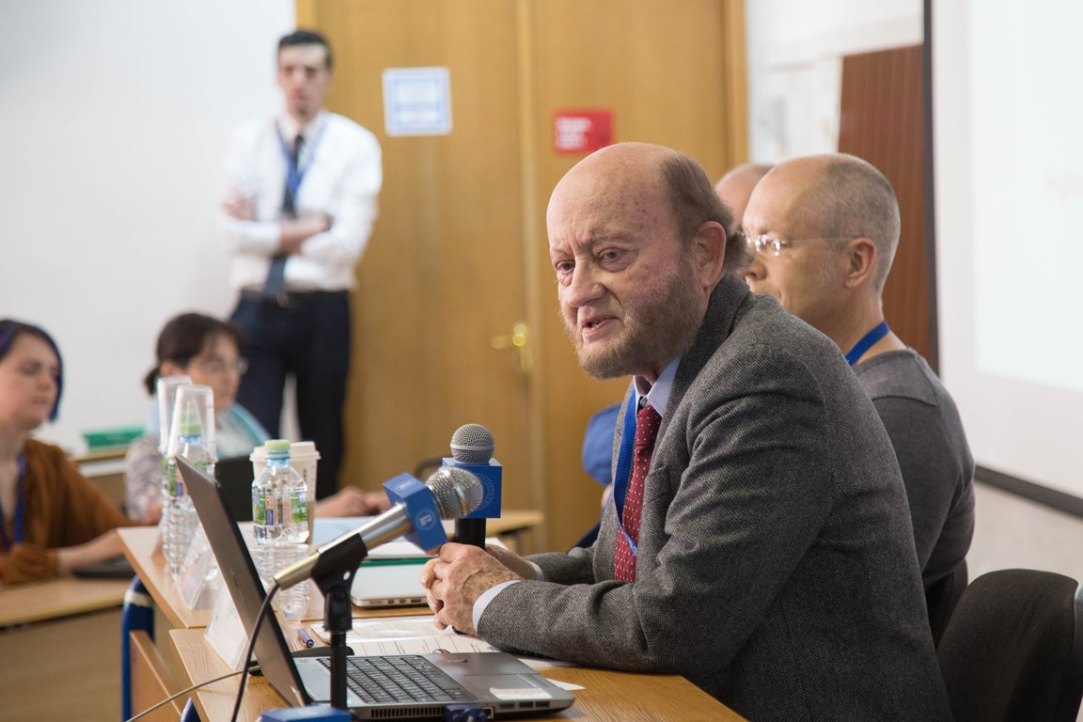
VTB Starts Funding Comparative Social Research at HSE
This year VTB is launching the Endowment for Comparative Social Research at HSE. The endowment will make it possible to invest 10-20 million roubles in research each year. The exact amount will depend on trust management of the endowment assets, implemented by VTB Capital Investment Management.
'HSE Students Are not Content with Knowing Things — They Immediately Want to Solve Linguistic Problems'
Guglielmo Cinque is a professor of linguistics at the University of Venice and one of the most well-known European generativists. Recently he paid a week-long visit the HSE School of linguistics, and now shares his impressions of our students and staff, as well as of this year's weather in Moscow.

Analysing History through Ego-documents
International Centre for the History and Sociology of World War II and Its Consequences, Higher School of Economics and The Friedrich Ebert Foundation held 'A Memory Revolution’: Soviet History Through the Lens of Personal Documents' in Moscow on 7-8 June, 2017. The conference brought together distinguished historians and sociologists from across the globe. Michael David-Fox, Professor of History, Georgetown University, and Academic Advisor of HSE International Center for the History and Sociology of World War II and Its Consequences shares his reflections and considerations on the main topic and discussions at the conference and his own research

New HSE Student Council Representatives Aim to Bridge Communication Gap for International Students
In May 2017, representatives of the International Students’ Association Council were elected to the HSE Student Council for the first time. They will serve until February 2018 when a new election will take place. The International Student Association Council (or International Student Council for short) currently consists of five students from CIS and Baltic countries, and three students from other countries.
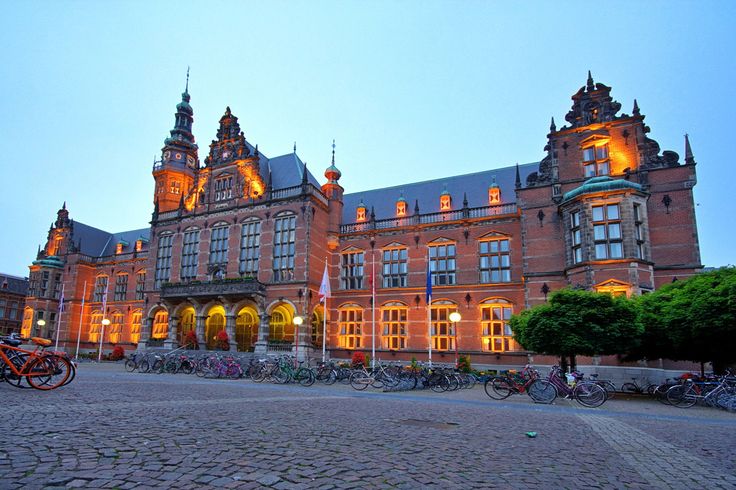
HSE Signs Academic Exchange Agreement with University of Groningen
The Higher School of Economics has signed a cooperation agreement on exchange programmes for students and lecturers at the Faculty of Computer Science and the Faculty of Mathematics with the University of Groningen.
HSE Takes Sixth Place in RAEX Annual Ranking
The results of the ranking were presented on June 7, 2017, at a ceremony that brought together rectors from leading universities. As part of the discussion at the event, HSE Rector Yaroslav Kuzminov spoke about the quality of education in the social sciences, the university’s role in developing local communities, and e-learning.
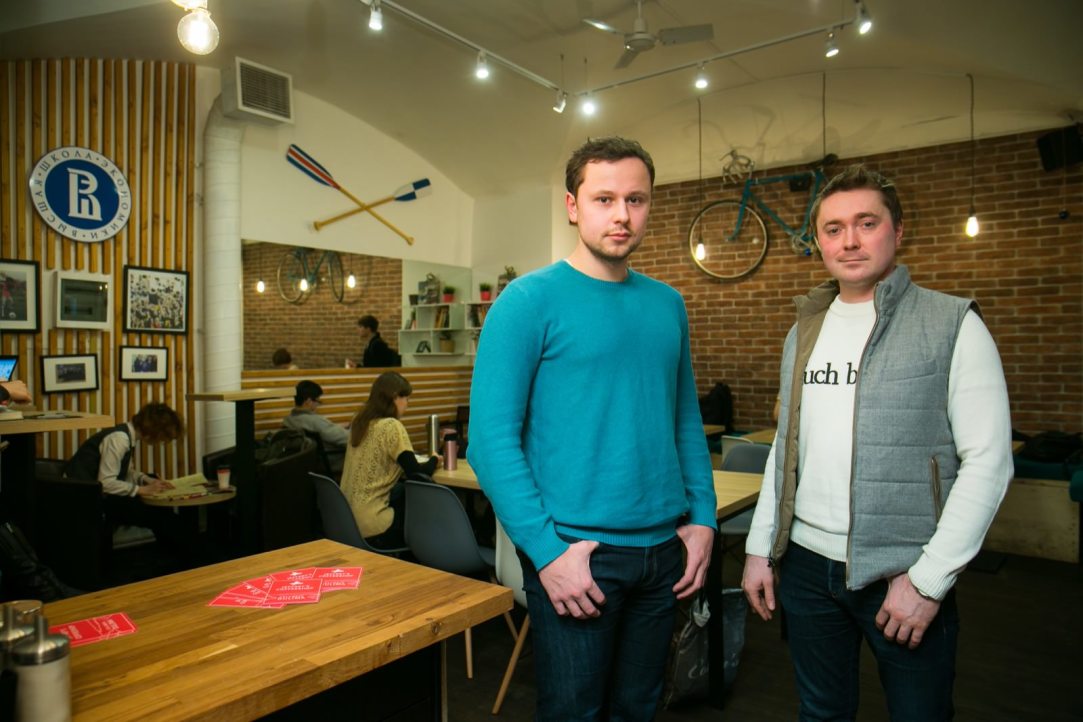
'The Best Way to Start a Business Is by Networking'
Cafes and restaurants in Russia currently find themselves in a very competitive environment, which is why a lot of new formats and ideas arise. In the latest edition of Success Builder, the founders of Jeffrey’s Coffee, Alexey Mironov and Alexey Karanyuk, discuss what makes a ‘good’ café, why it’s important to go see what competitors are up to, and what the prime costs of a double espresso are.
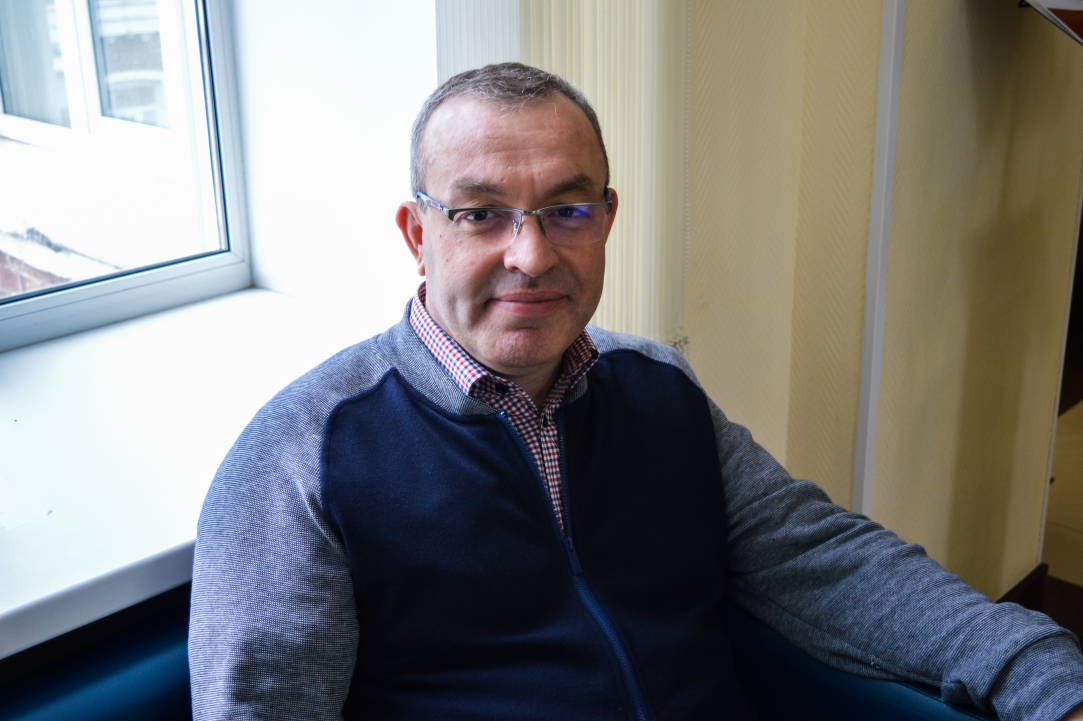
‘People Who Are Good with Numbers Need to Develop Emotional Intelligence’
How can financial managers help design products and services? What bearing may a CEO’s death have on investment decisions? Why is our perception of time and place changing? Professor Jean-Malik Dumas from Tilburg University discusses these and other issues in an interview with HSE News Service. He has recently visited HSE Faculty of Economic Sciences under Erasmus Plus programme to teach an elective course in Finance for Master’s students of Strategic Corporate Finance programme.

